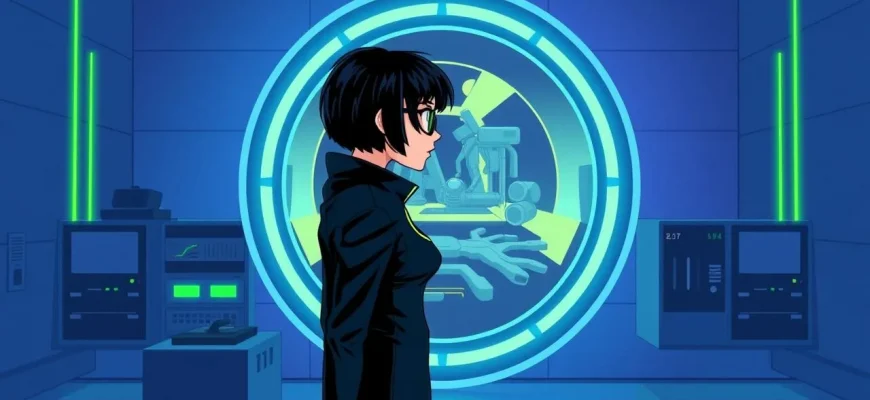In the realm of cinema, the fusion of detective storytelling with the cutting-edge concept of virtual reality has given birth to some truly mind-bending films. These films not only challenge the protagonists to solve intricate mysteries but also immerse viewers into worlds where reality is as malleable as the mind itself. Here's a curated list of 10 detective films that explore the thrilling intersection of crime-solving and virtual reality, offering a unique cinematic experience that will leave you questioning what's real and what's not.
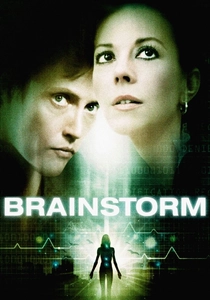
Brainstorm (1983)
Description: Scientists invent a machine that records and plays back human experiences, leading to a detective-like investigation when one scientist dies under mysterious circumstances.
Fact: The film was one of the last projects for Natalie Wood, who tragically died during production. The technology in the film eerily predicted the rise of virtual reality.
 Watch Now
Watch Now
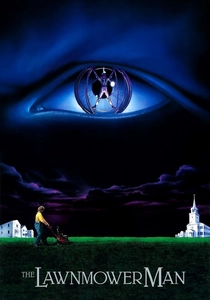
The Lawnmower Man (1992)
Description: A mentally challenged man undergoes experimental virtual reality treatments, gaining intelligence but also becoming dangerously unstable, leading to a detective-like pursuit by his creator.
Fact: The film was based on a Stephen King short story, though King later disowned it due to significant deviations from his original work.
 Watch Now
Watch Now
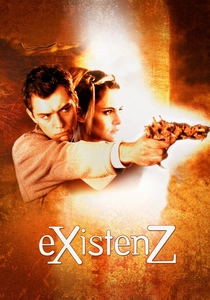
eXistenZ (1999)
Description: This David Cronenberg film follows a game designer who must navigate through a virtual reality game to uncover a conspiracy. It's a mind-bending exploration of reality, identity, and the nature of games.
Fact: The film was shot in just 35 days. The game pods used in the movie were designed by the same company that created the iconic "Alien" creature.
 Watch Now
Watch Now

The Matrix (1999)
Description: This iconic film blends detective elements with a groundbreaking virtual reality premise. Neo, a hacker, discovers the truth about his reality and must navigate a world where the line between the virtual and the real is blurred.
Fact: The Wachowskis developed the concept for "The Matrix" after reading Jean Baudrillard's "Simulacra and Simulation." The film's visual effects were so innovative that they won four Academy Awards.
 Watch Now
Watch Now
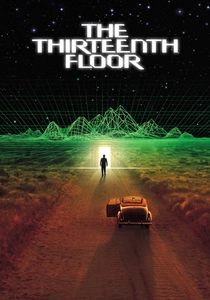
The Thirteenth Floor (1999)
Description: A computer scientist discovers that his reality might be a simulation, leading to a detective-like investigation into the nature of his world and the identity of his creator.
Fact: The film is loosely based on the novel "Simulacron-3" by Daniel F. Galouye. It was released in the same year as "The Matrix," leading to comparisons between the two.
 Watch Now
Watch Now
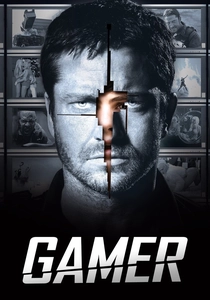
Gamer (2009)
Description: In a future where prisoners can fight for their freedom in a virtual reality game, a detective-like investigation unfolds as a player tries to uncover the truth behind the game's creator.
Fact: The film stars Gerard Butler and was directed by Mark Neveldine and Brian Taylor, known for their high-energy, visually intense style.
 Watch Now
Watch Now
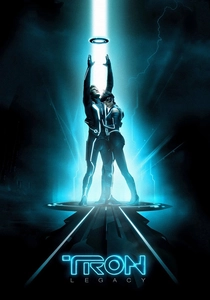
Tron: Legacy (2010)
Description: While not a traditional detective film, Sam Flynn enters the digital world to find his missing father, uncovering a conspiracy within the virtual grid that has implications for both worlds.
Fact: The film's soundtrack was composed by Daft Punk, marking their first major film score. The visual effects were groundbreaking, with much of the film shot in 3D.
 Watch Now
Watch Now

Inception (2010)
Description: While not strictly a detective film, "Inception" involves a complex heist within dreams, which can be seen as a form of virtual reality. Dom Cobb must navigate layers of subconscious to plant an idea in a target's mind.
Fact: The film's dream-within-a-dream concept was inspired by Christopher Nolan's own dreams. The spinning top, a key symbol in the movie, was designed by Nolan himself.
 Watch Now
Watch Now
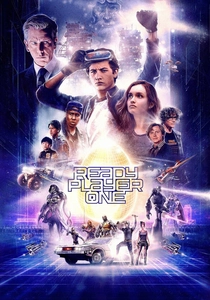
Ready Player One (2018)
Description: In a dystopian future, people escape into the virtual reality world of the OASIS. A young man embarks on a detective-like quest to find an Easter egg hidden by the game's creator, leading to a thrilling adventure.
Fact: The film was directed by Steven Spielberg and features numerous pop culture references. The book by Ernest Cline was a bestseller, and the film adaptation stayed true to its spirit.
 Watch Now
Watch Now
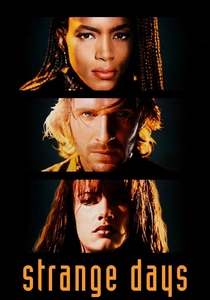
Strange Days (1995)
Description: Set in a near-future Los Angeles, this film involves a former cop who deals in illegal virtual reality experiences. He becomes embroiled in a murder investigation that blurs the lines between reality and recorded memories.
Fact: The film was directed by Kathryn Bigelow, who would later win an Oscar for "The Hurt Locker." The technology used in the movie was inspired by the idea of recording and reliving memories.
 30 Days Free
30 Days Free

